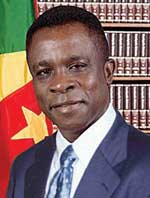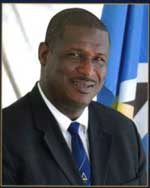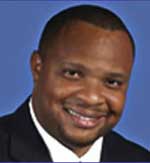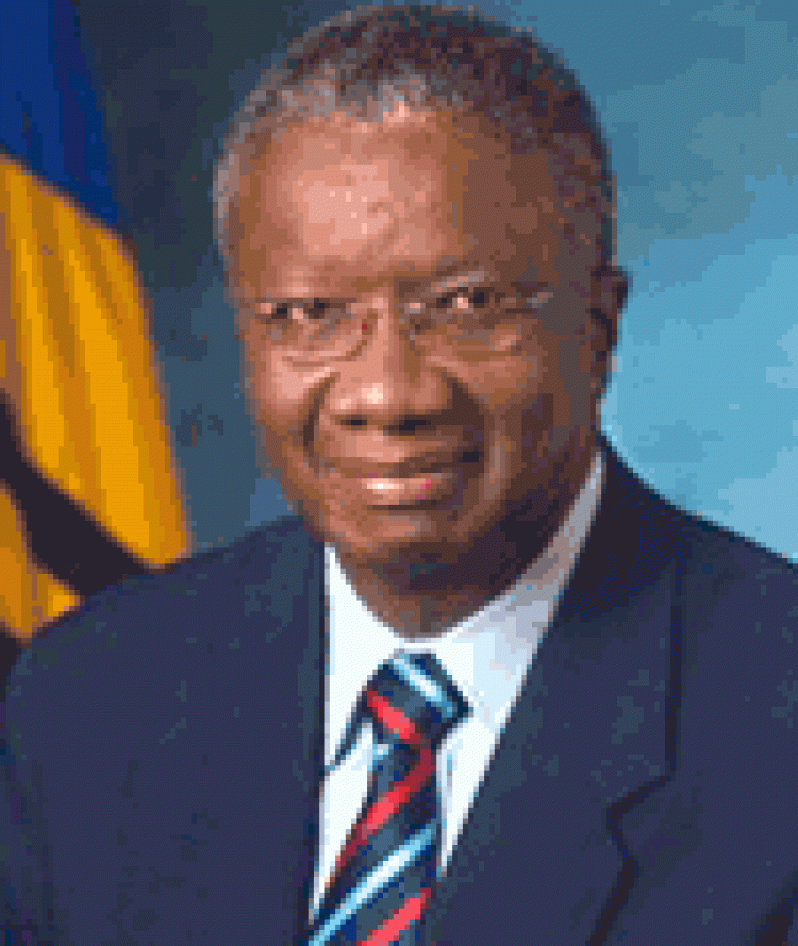TWO countries of the Caribbean Community—Barbados and Grenada—are expected to be involved in parliamentary elections next month. Barbados is yet to announce its election date—Grenada’s will be on February 19. But speculations are in full swing about the likelihood of one-term governments in both Bridgetown and St. George’s under two first-time Prime Ministers.
Unlike the electorate of Grenada, Barbadian voters have never restricted an incumbent party to a one-term government. It would, therefore, be an historic political
 |
 |
 |
 |
development should the current Democratic Labour Party (DLP) administration of Prime Minister Freundel Stuart suffer such an inglorious political fate.
At present, Stuart maintains a stoic public posture of being unfazed over widening criticisms from political opponents and media commentators, over his failure to announce the date for new general election before yesterday—January 15—that was the fifth anniversary of the DLP’s return to state power in 2008 when it defeated the three-term Barbados Labour Party (BLP) administration of then Prime Minister Owen Arthur.
Nor has he publicly betrayed any political nervousness of the electorate breaking with the tradition of giving a second chance, and even three terms to an incumbent party by ousting the DLP from state-controlled power in favour of returning the BLP to government.
Stuart, who like his Grenadian counterpart is a lawyer by profession, became a first-time Prime Minister on October 23, 2010 with the death from cancer that same day of the DLP’s leader and first-time Prime Minister, David Thompson.
STUART’S CHALLENGE
He was successful in overcoming recurring media reports of divisions within cabinet and threat to his leadership, treating them with contempt, even specific details of a circulated letter had pointed to the leading elements, among them Finance Minister Chris Sinckler, involved in critical assessment of his leadership style.
Stuart has even shown his contempt for two successive public opinion polls last year that pointed to the first time possibility of a one-term DLP government.
Now that the fifth anniversary of the January 15, 2008 general election passed yesterday without an announcement, and with Grenadians preparing for February 19 as their voting day, it is felt that Stuart could well announce the election date this coming Monday – January 21 – which is observed as a national holiday as ‘Errol Barrow Day’, founder-leader of the DLP and ‘Father of Independence’.
At the last election, the DLP scored a landslide 20-10 victory against the three-term BLP.
GRENADIAN SCENARIO
Across in the Spice Isle of Grenada the ‘wind of change’ in government appears to be blowing even stronger against Prime Minister Thomas’ National Democratic Congress (NDC) administration.
On the basis of private polls the opposition New National Party (NNP) of former three-term Prime Minister Keith Mitchell, is heading back to government with a decisive majority for the 15-member House of Representatives. At the July 2008 election, the NNP had managed to win just four of the parliamentary seats.
The NNP is understandably exploiting the serious divisions Prime Minister Thomas has been facing both within his NDC and cabinet that had compelled him to leave the Grenada Parliament prorogued for a few months.
For its part, the incumbent’s strategies for a second term victory include regurgitating some controversial cases of alleged financial corruption and political nepotism that had surfaced during the NNP’s tenure in government.
Currently hitting the electioneering campaign is referencing of a civil court matter involving the NNP’s leader and his wife and a former employee. Last November a Brooklyn Court judge issued an order for both Mitchell and wife Marieta to appear before him this coming February 18.
That date, undoubtedly, must have influenced Prime Minister Thomas’ announcement for the February 19 general election. His NDC seems bent on making it a hot campaign issue.
But Mitchell, not surprisingly, has been playing it cool. That civil case, he said with confidence, “is not a problem” either for him and his party and forecasts the NNP’s return to government on February 19.
The last one-term government in Caricom was that of St Lucia’s United Workers Party (UWP) of former Prime Minister Stephenson King that was defeated at the November 2011 election and the return of Kenny Anthony’s Labour Party to power.



.jpg)









